The House That Anxiety Built
For a long time, I had no idea that anxiety lived inside me.
And as I got older, its house kept getting bigger and bigger.
And like the old British nursery rhyme (The House That Jack Built), anxiety was threaded and linked to more and more of my life.
Although today we have a lot more awareness and mentions of anxiety in popular culture and in the media, many of us still couldn't identify anxiety when we see it pretty much every day. Often, we've grown up around a form of anxiety and like a fish in water, it's hard to see something that has always been around you.
 |
| they will never stop hunting you |
[[Example]]
> My mom asks me to do something.
I respond quickly saying I can't do what she asked.
>> She doesn't answer for 10 minutes. Beginning the start of a worry. One step up.
>>>>> I am ready now to explode into conflict: if she's mad at me, why can't she just say it?? We are always playing these mind games, just tell me already! I hate when this happens, I never know when she's upset and she makes me guess! I'm using absolutes like "always" and "never" in my logic -- rarely a good sign---Stairs are 3 flights up and if I jump from this height I'm gonna break something.
 |
| Oh to be an emo tween again |
Everyone feels anxiety at one point or another. It's normal to feel nervous or worried about something; this emotion tells me that whatever I'm worrying about is a big deal and deserves energy and attention to 'get it right'. It becomes a disorder when it has a job during your daily routine. If you regularly (based on environment, social interactions, or amount of time) feel or experience:
Persistent negative thoughts
Nervousness or restlessness or tension
Nervousness or restlessness or tension
Feeling like danger or doom is coming soon
Heart rate is higher than typical
Rapid breathing
Sweating
Feeling weak or tired regularly
Trouble concentrating
Trouble sleeping
Stomach/Gastrointestinal problems
Avoid things or places or people
Losing yourself in mindless activities on a regular basis (i.e. scrolling on your phone, hours and hours of TV shows)*
...you're probably experiencing anxiety more than you think. (I added that last one with the "*"; the rest are from Mayo Clinic)
I think a lot of us in today's society are. There's a lot more data coming in to our brains every day because of the influence of the Internet and the connectivity we all have. When we were pre-1950's, the only news stories we heard were the ones local to our area. Terrible and wonderful things have always been happening since the dawn of time, but now we have a 24-hour newscast to tell us about everything that is happening anywhere in the world---and as we learned in last week's post, our brain soaks in negative info like a sponge, while easily forgetting the good things.
Anxiety is the most treatable of all the mental health disorders. There are many ways in which to address it, but not many people who have it get treatment.
A few things that have helped people I know and also me:
This word is getting ridiculously popular, and it's worth actually knowing what it means.
> Mindfulness is bringing your attention to the present moment.
> Mindfulness is a practice, so it is something we actively and intentionally do.
> Mindfulness uses (but is not the same thing as) yoga, breathing, coloring, meditation, creativity, etc. to practice this skill.
Mindfulness brings me into the present, so I can deal with what's here and now, which is truly the only thing I can control and address. Every person responds best to different forms of mindfulness, and I'd encourage you to find one that is helpful to you. (Actually, writing this blog is part of my mindfulness practice; it helps me create something from my past experiences and focus on sharing my knowledge in the present moment.)
I'm still learning a lot about brains and the effects of medication and there are many social-political issues having to do with the over-diagnosing of certain disorders for different genders, races, and class; many people feel uncomfortable sharing that they take medication to balance their brain chemistry because of all the stigma around mental health and disorders.. so I have a lot more to share around that in future posts.
But I have seen huge differences in people (kids and adults) when they have been diagnosed properly and given the amount of medication appropriate to their need. It can be scary and it can be easily misused. But when done right, it really does make a huge difference and it can put a person's perspective into a more hopeful light.
When I was a kid, I learned to hold all of my problems in. I would hide in my room, I would cry without making a sound. I learned how to put on a "strong" face; I learned how to pretend that things were okay when they weren't. To a degree, we all need to learn this skill, so we don't all burst into tears at work and we don't share with every stranger everything that is bothering us all the time. For me, however, it was coming to the point of never sharing anything.
I also prided myself on being the one that other people asked for help, whether it was academics or relationship problems - so I also refrained from asking other people for help. I would often pretend I knew things when I didn't. My logic told me: how could I be trusted to help other people if they saw I was dumb or weak?
 |
| I am beyonce always, I am strong forever |
And as I got older, the problems I held in and the facade of all-knowing that I built transformed into a heavy rock that sat in my stomach all the time, and whenever I felt overwhelmed or upset, it would drop. I always felt like I was about to fall. The roots of my anxiety house.
 |
| the ever deepening sunken place |
Whenever I have a problem that occupies me for more than 15 minutes of worrying and not problem-solving, I usually text 3 people or I find one person IRL to know how I'm feeling; this is to help ground me. I know that I have to get out of my head or else I spin out. Identifying people you trust that will be able to catch a "support me" text can really change the course of your daily life.
And I would be remiss if I didn't mention that as an aspiring therapist, I would definitely recommend finding a therapist that fit your needs. The tools you gain from therapy and the boost of social support that a good therapist provides can be the turning point to edge out of an endless cycle.
The House That Anxiety Built is well-intentioned; it wants to keep you from harm, but its construction crew is out of control. Giving it space to breathe and people to talk to can transform it into your dream house instead.
---------------
I've been getting a lot of insight from my friends on what has been interesting and working for you; please send me a message to let me know if there are questions you have or posts you would like to see! I love hearing from y'all and I'm so amazed at the support.. thank you always!
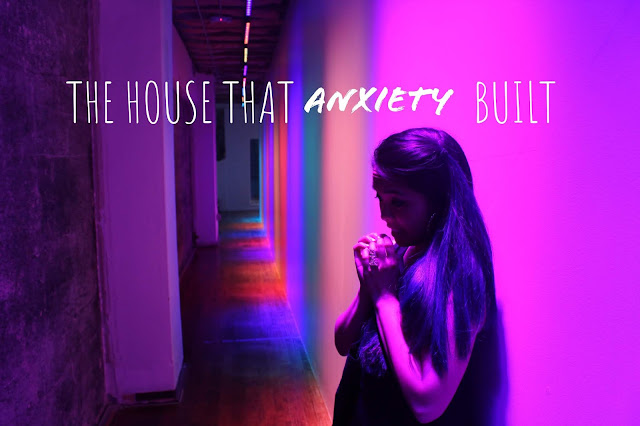
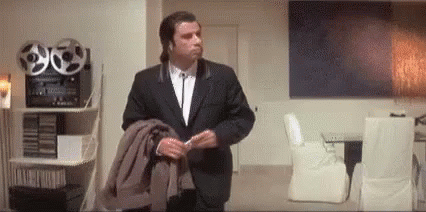


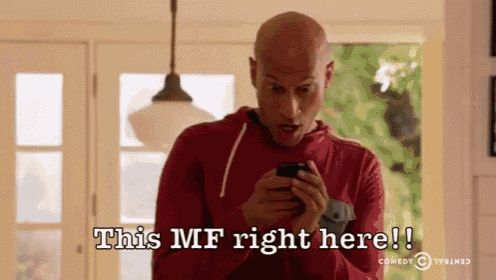

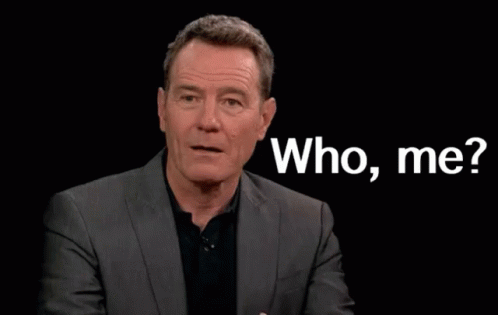


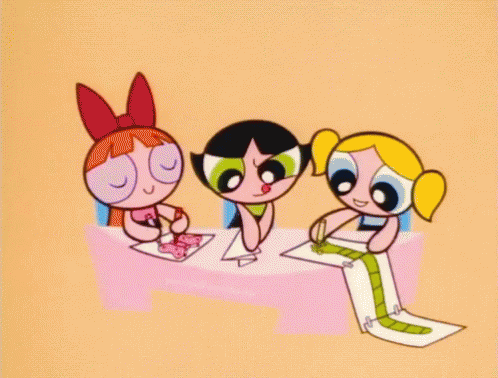
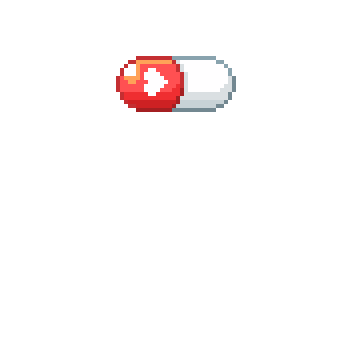





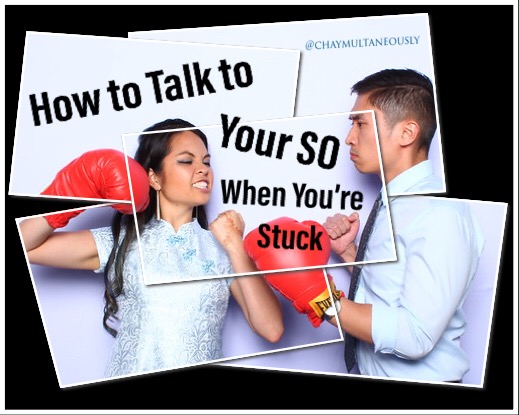

Comments
Post a Comment